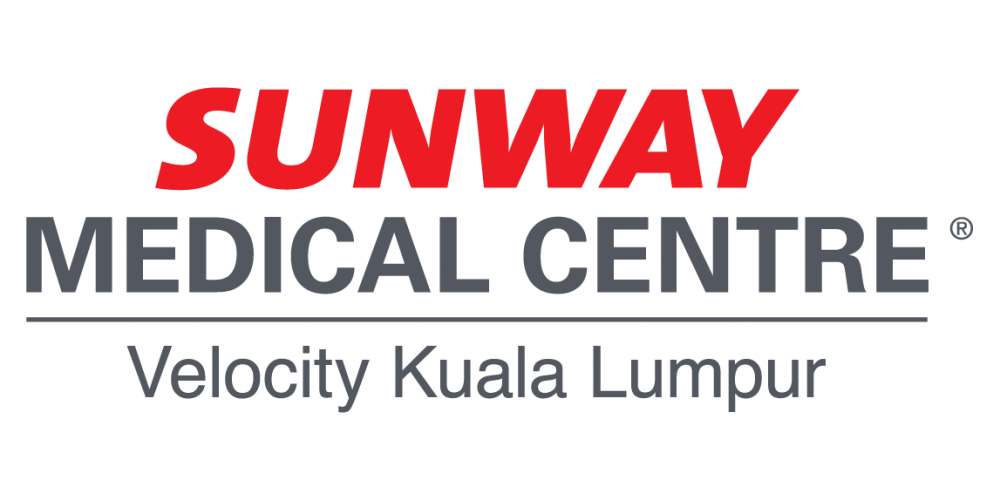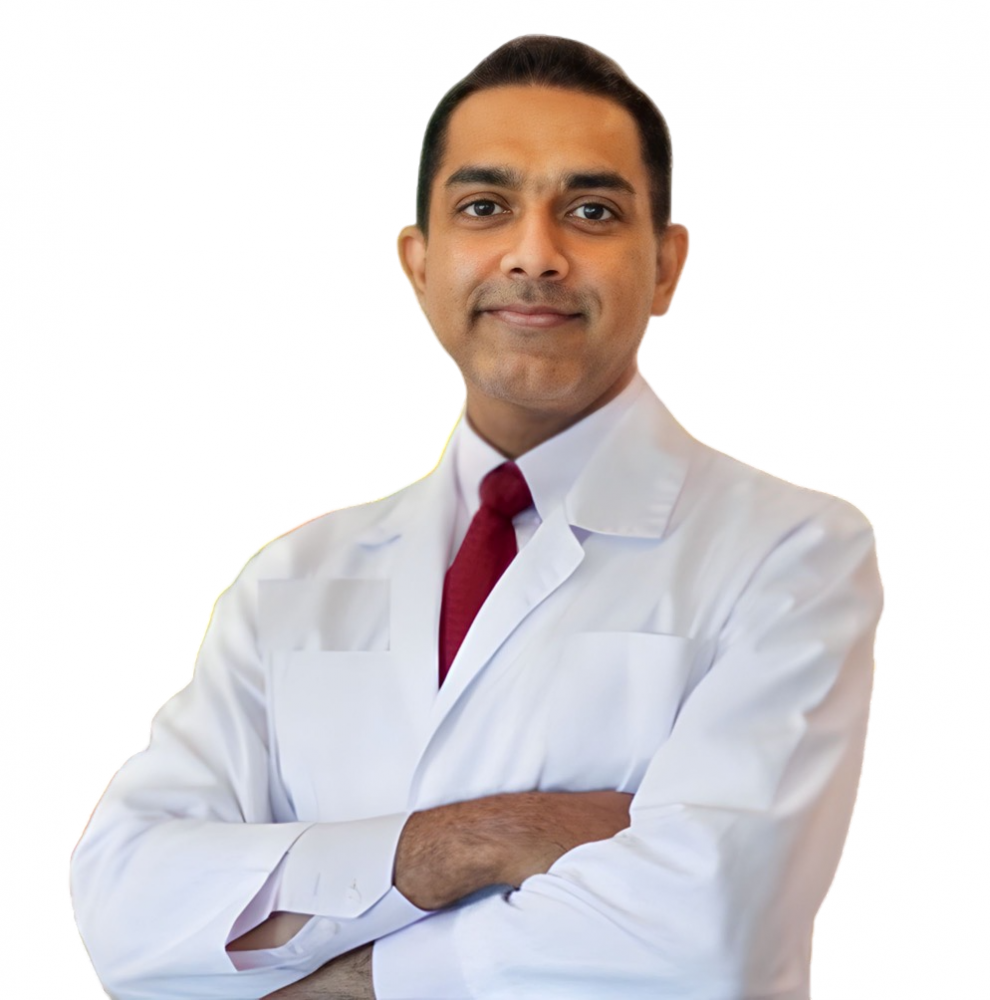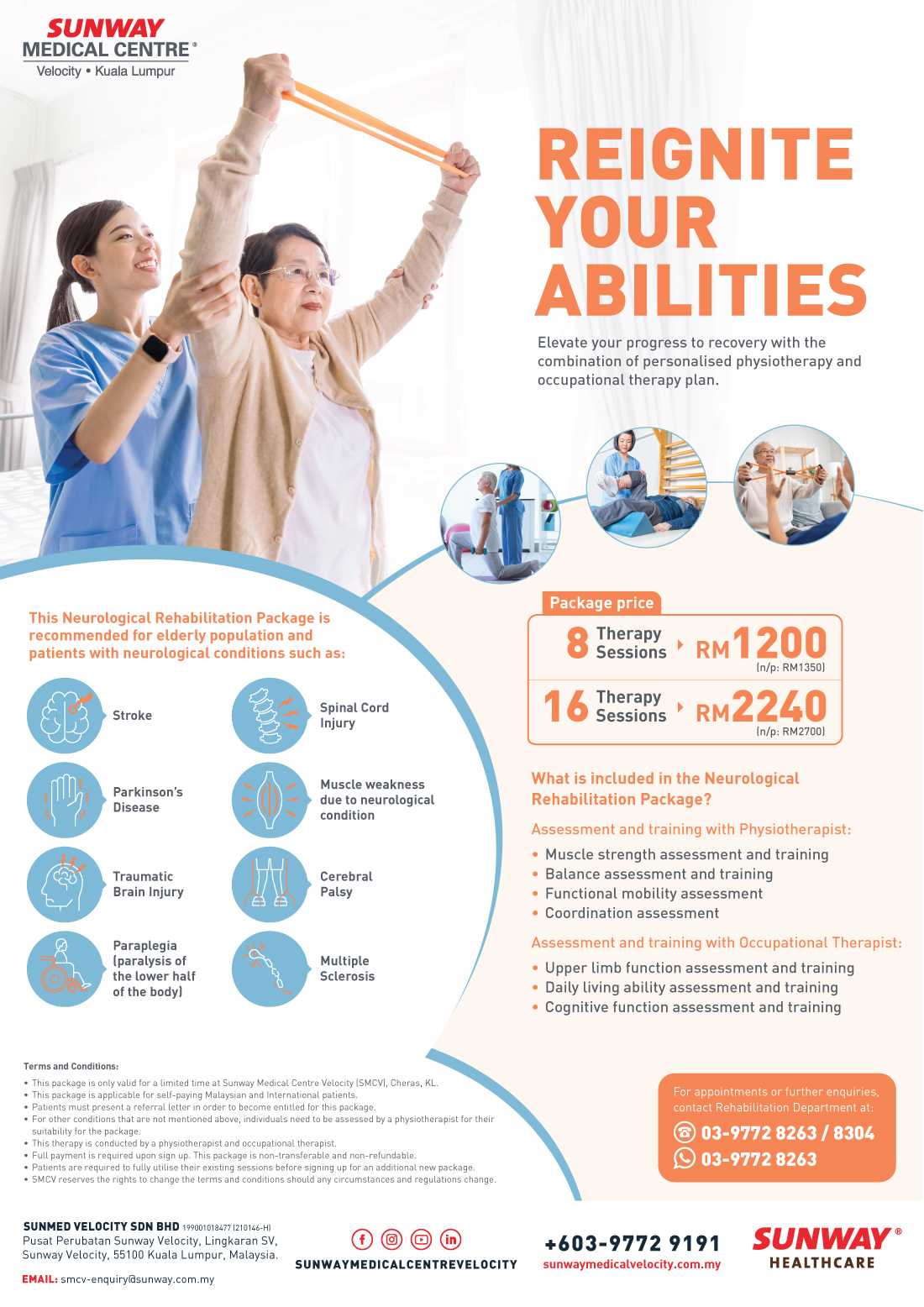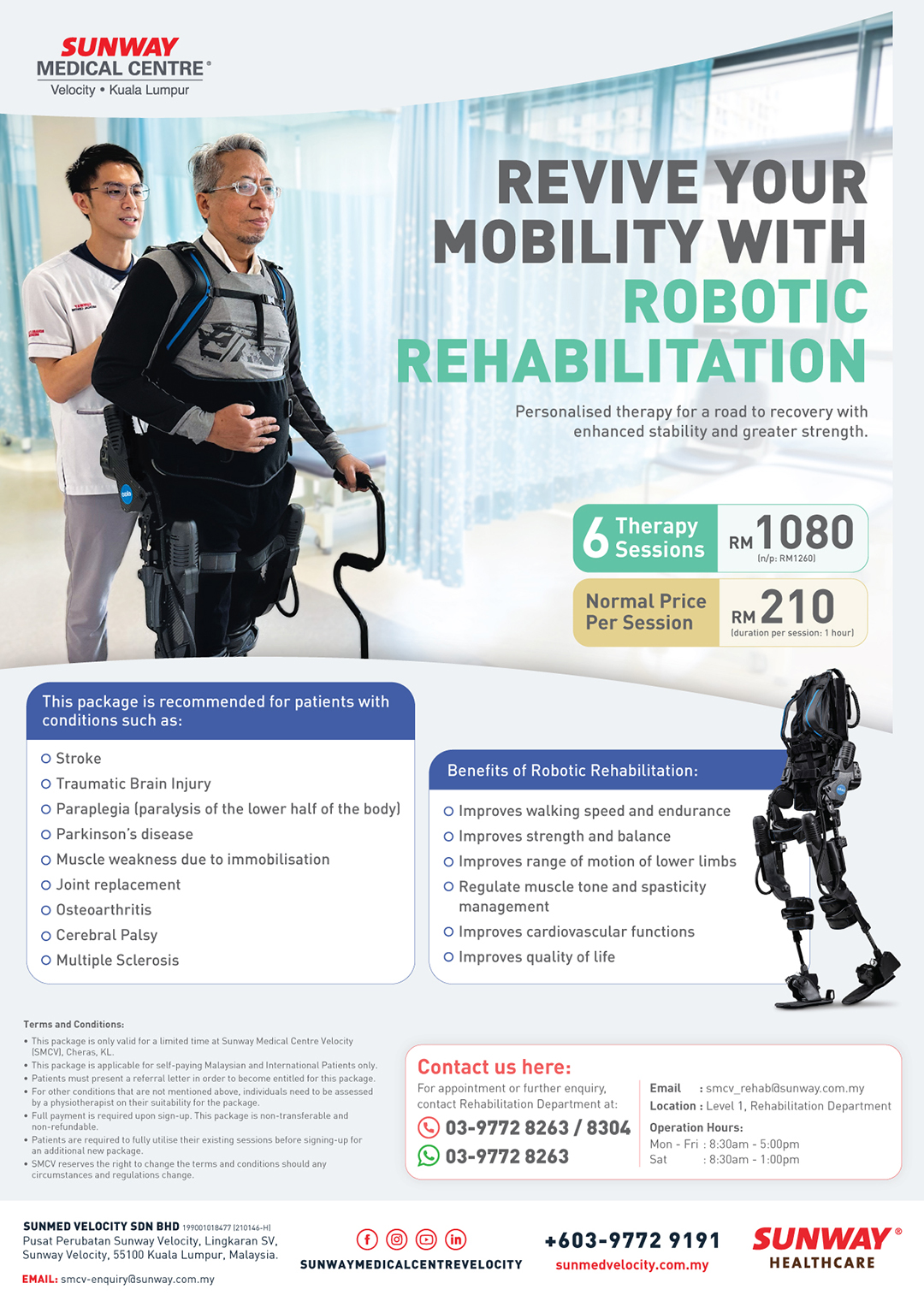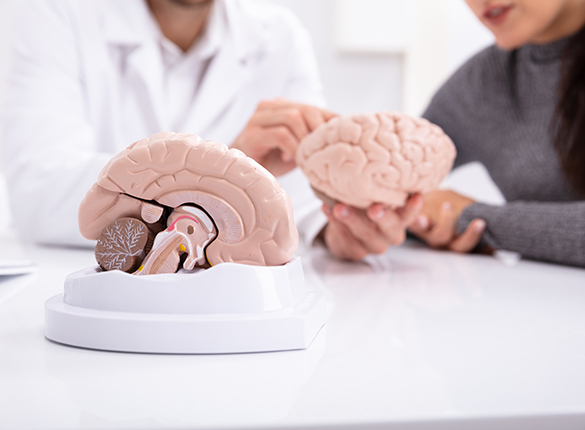
Your Trusted Partner for Neurological Health
Sunway Medical Centre Velocity’s Neurocentre focused on the diagnosis, treatment, and management of conditions related to the nervous system. These centers are staffed by a team of healthcare professionals, including neurologists, neurosurgeons, neuro-ophthal surgeons, neuroradiologists, and other specialists, who work together to provide comprehensive care for patients with neurological disorders.
Services offered at a neuro center may include diagnostic testing such as EEGs and MRIs, treatment for conditions like epilepsy, stroke, multiple sclerosis, and Parkinson's disease, as well as neurosurgical procedures for conditions like brain tumors and spinal disorders.
Common Neuro Conditions
These can be caused by various factors, including tension, migraines, and cluster headaches.
Epilepsy is a neurological disorder characterized by recurrent seizures, which can vary in severity and type.
Migraine headaches are characterized by severe throbbing pain, often accompanied by other symptoms such as nausea, vomiting, and sensitivity to light and sound.
A stroke occurs when there is a disruption of blood flow to the brain, leading to brain damage. Ischemic and hemorrhagic strokes are the two primary types.
A progressive neurodegenerative disorder that primarily affects memory and cognitive function.
A neurodegenerative disorder that affects movement and is characterized by tremors, rigidity, and bradykinesia (slowness of movement).
An autoimmune disease that affects the central nervous system, causing a wide range of symptoms, including fatigue, numbness, and muscle weakness.
This condition involves damage to the peripheral nerves and can cause symptoms like tingling, numbness, and pain in the extremities.
Brain injuries caused by external trauma, such as concussions or more severe injuries resulting from accidents or falls.
A group of disorders that affect movement, muscle tone, and motor skills, typically occurring in early childhood.
Brain tumors are abnormal growths of cells within the brain or nearby structures. They can be benign or malignant and may cause symptoms such as headaches, seizures, changes in personality, or neurological deficits. Treatment options include surgery, radiation, and chemotherapy, depending on the tumor type and location.
Services & Facilities

3T Magnetic Resonance Imaging (MRI)
Employs a 3 Tesla magnetic field for high-resolution imaging of soft tissues, joints, and ligaments.

Stereotactic Image-guided Surgical Systems
Use 3D coordinates to guide surgical procedures, ensuring accuracy and enhancing the precision of interventions.

Catheterisation Lab for Cerebral Vascular Imaging
Employs specialised catheters and imaging technology to visualise and diagnose cerebral vascular conditions.

Neurosurgical Microscopes
Use advanced optics and magnification to obtain a detailed visualisation during neurosurgical procedures.

Neurodiagnostic Lab
Utilises specialised equipment such as EEG, NCS, EMG & NCS to record and analyse electrical activity in the brain and nervous system.

Robotic Rehabilitation
Our advanced robotic system, EksoNR, offers targeted exercises for enhanced mobility and effectiveness.

Repetitive Transcranial Magnetic Stimulation (RTMS)
Employs magnetic fields to stimulate specific areas of the brain, offering a non-invasive approach for neurological interventions and neuromodulation therapies.


